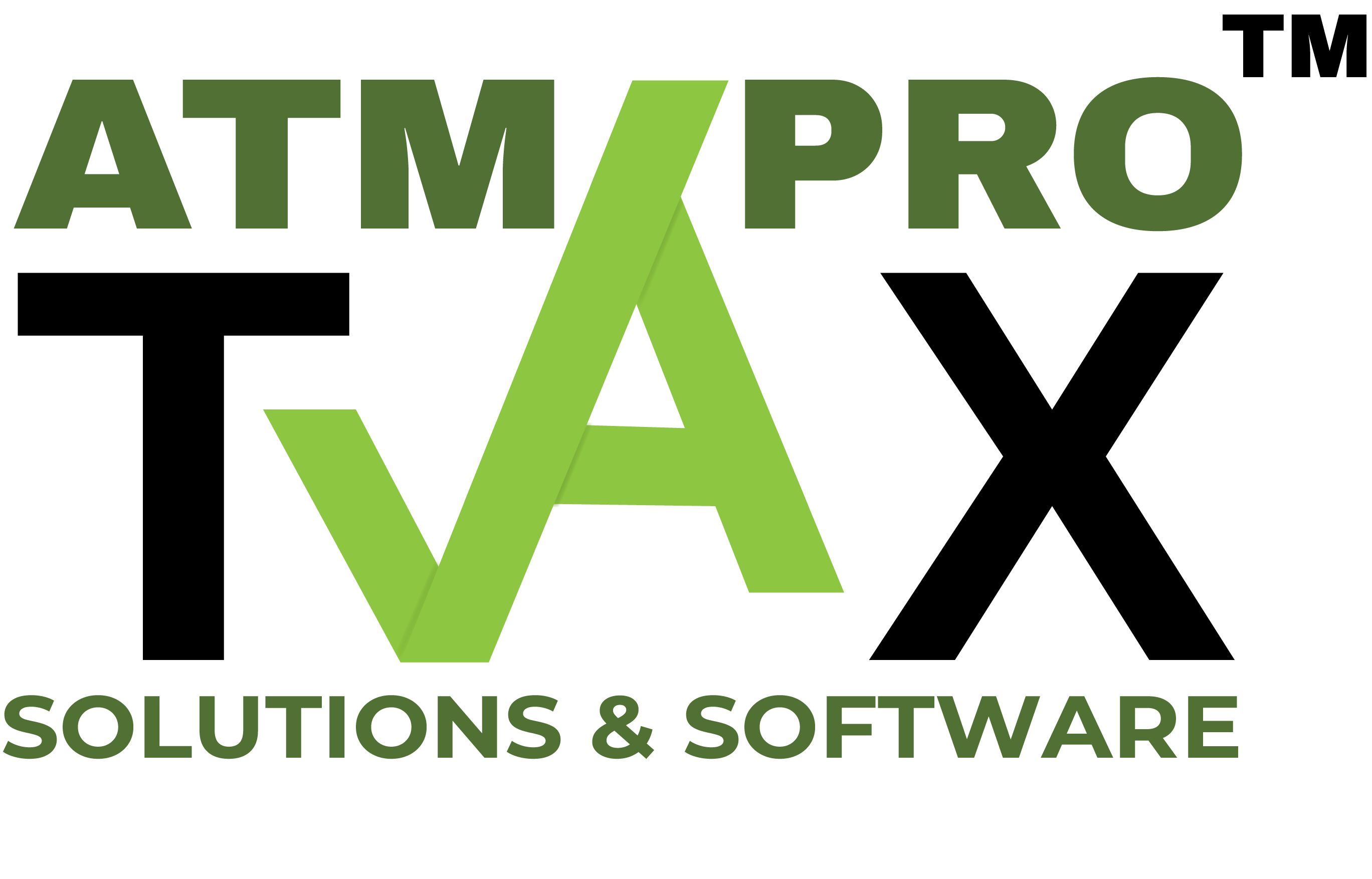Educational Center
ATM Tax Pro Solutions Educational Center will provide answers to your queries.
- What Is a Dependent Exemption?
- What Does Adjusted Gross Income Mean?
- Income Tax Return Amount Due Meaning
- Business Taxes
- What Is a Commission?
- Direct Deposit Definition
- What Is Direct Tax?
- Earned Income Definition
- What Is the Earned Income Tax Credit?
- Electronic Return Originator Meaning
- What Is a Flat Tax?
- What Is an Injured Spouse Claim?
- What Does IRS Innocent Spouse Relief Mean?
- What Is Property Tax?
- Tax Deficit Meaning
- Electronic Filing
- Employee Taxes
- Excise Tax
- Tax Exempt
- Compulsory Filing of Income Tax Return
- Gross Income Meaning
- What Are Exemptions on Tax Returns
- Test to Become a US Citizen
- What Is Head of Household
- What Is Federal Income Tax?
- What Is an Authorized E-File Provider?
- Who Needs to File a Tax Return?
- Learn All About Financial Records
- What Is An Offer in Compromise and What Does It Mean?
- What Does Non Collectible Status Mean?
- What Is a Federal Tax Lien?
- Benefits Received Principle Definition
- Ability to Pay Definition
- Bonus Definition
What Is Excise Tax?
An excise tax is a tax levied by a government within its borders on a certain product or activity. Usually, businesses pay excise taxes to the government. Businesses add taxes to the prices of products and services so that the consumers are effectively paying it for them. You usually will not see excise taxes or be aware of paying them because they are included in the item price.
The amount of an excise tax can either be specific (a certain amount for each unit of product or service) or ad valorem (a percentage of each sale). Excise taxes are often levied on:
- Vehicle fuel
- Sports wagering
- Truck road usage
- Alcohol
- Tobacco
- Airline tickets
- Penalties in retirement accounts
- Indoor tanning bed services
- Property
Excise Tax vs Sales Tax
Sales taxes and excise taxes are added to products so that consumers are hardly aware of paying them. However, sales taxes are added as a percentage of the sale, whereas excise taxes are often a flat rate for every item, no matter its price.
For example, a vehicle purchase has a percentage sales tax added, but a bundle of cigarette packs has a flat excise tax added when a business purchases it. Plus, sales taxes are levied on almost all sales, whereas excise taxes are added to items that are connected to health problems or other types of harm.
Call the Experts at ATM Tax Pro to Get Help with All of Your Tax Needs
Businesses are responsible for filing and paying their excise taxes each quarter—and must remember to do so on time. In contrast, most individual taxpayers don’t need to consider excise taxes. However, if you are faced with an excise tax bill, in either case, you may need to consult a professional like The Tax Doctor on the right way to file it and pay it.
We can help you prepare and file your taxes or negotiate to pay off a tax debt. Call ATM Tax Pro now or schedule a free consultation online to get all your tax questions answered.
